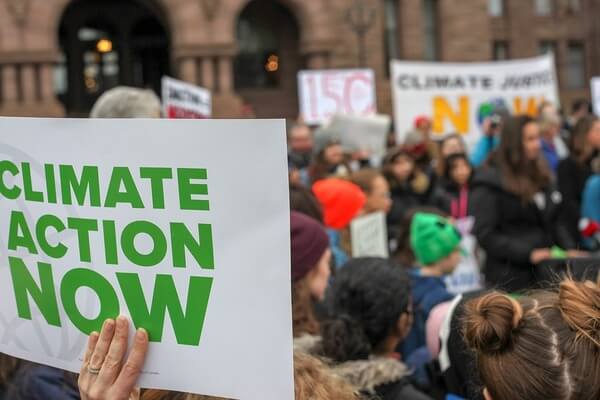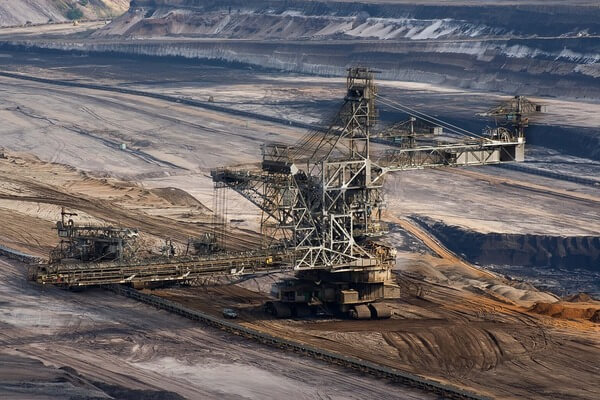News Release from windfair.net
Wind Industry Profile of
Bargaining 'Till The End!
It's paradoxical what can be heard from Berlin at the moment. On the one hand, the German Federal Environment Ministry presents the latest monitoring report for Germany. It says in black and white that the temperature in Germany has risen by 0.3 degrees in the last five years alone. Among other things, this has led to more health risks due to heat stress, an increase in the mean surface temperature of the North Sea and greater fluctuations in agricultural yields.
"The message of the monitoring report is: The future has already reached us. Germany is in the midst of global warming, with far-reaching consequences for the environment, society and health. There is an urgent need to take precautions to counter these consequences. Monitoring must be further improved and climate change impacts on the one hand and state investments on the other must be fully assessed," stresses UBA (Umweltbundesamt/German Federal Environmental Agency) President Maria Krautzberger.
These results are supported by the World Meteorological Organization, which has also presented a new report. The WMO Greenhouse Gas Bulletin reveals that the global concentrations of carbon dioxide (CO2) in the atmosphere reached another record high in 2018.

On Friday, 29 November, the next global climate strike will take place (Image: Pixabay)
"There is no sign of a slowdown, let alone a decline, in greenhouse gases concentration in the atmosphere despite all the commitments under the Paris Agreement on Climate Change," says WMO Secretary-General Petteri Taalas. "We need to translate the commitments into action and increase the level of ambition for the sake of the future welfare of mankind."
However, global emissions will not peak by 2030, let alone 2020 (!), if current climate policies and ambitions are maintained.
"The findings of WMO's Greenhouse Gas Bulletin and UNEP's Emissions Gap Report point into a clear direction - in this critical period, the world must deliver concrete, stepped-up action on emissions," said Inger Andersen, Executive Director of the UN Environment Programme (UNEP). "We face a stark choice: set in motion the radical transformations we need now, or face the consequences of a planet radically altered by climate change."
A report by German newspaper F.A.Z. leaves the reader all the more bewildered by the statements, which deal with the compensation negotiations for German coal-fired power plant operators hoping for a hefty recompense for shutting down their plants. The result of the negotiations is to be incorporated into the Coal Exit Act, which will implement the recommendations of the so-called Coal Commission. The aim is to reduce the conversion of coal into electricity in Germany "gradually and as steadily as possible" to zero by 2038 at the latest.

The coal industry demands massive compensation from the German state (Image: Pixabay)
Experts agree that this is far too late - by 2030 at the latest, all coal plants in Germany would have to be shut down, emphasizes Volker Quaschning, Professor of Renewable Energy Systems at the University of Applied Sciences (HTW) in Berlin, among others, and also accuses the government of delaying the shutdown date.
Meanwhile, the Green Party in the Bundestag is drawing attention to another fact: Oliver Krischer, deputy parliamentary party leader, pointed out to the F.A.Z. the age of the power plants, some of which were built in the 1950s and 1960s. The operators shouldn't actually receive any compensation at all for this as the EU will prescribe massive retrofitting for emissions of nitrogen oxides and mercury in the coming years. It would therefore hardly be worthwhile for operators to retrofit. Instead, attempts are now being made to squeeze as much money as possible out of the government for this dying technology.
- Author:
- Katrin Radtke
- Email:
- press@windfair.net
- Keywords:
- Germany, coal, industry, global warming, climate change, coal commission, compensation, money, renewable energy, temperature, report, health, government

























